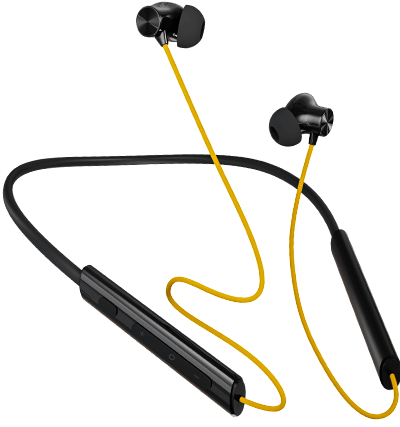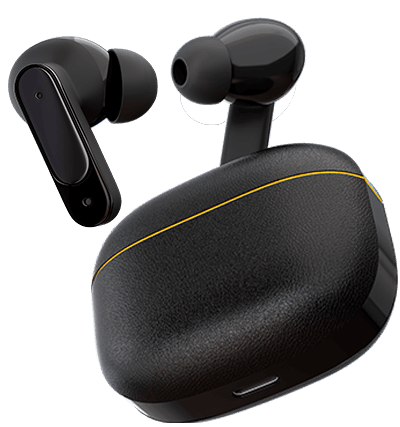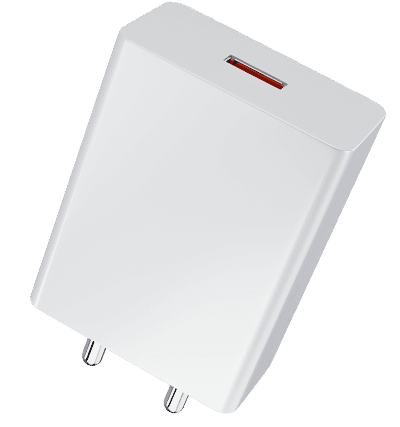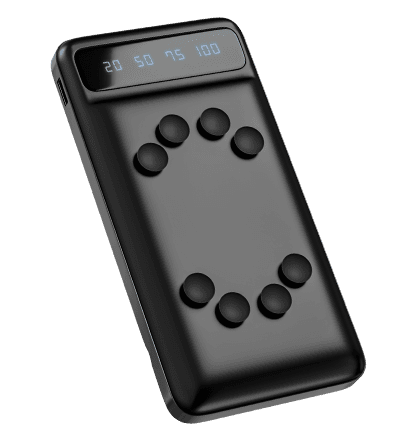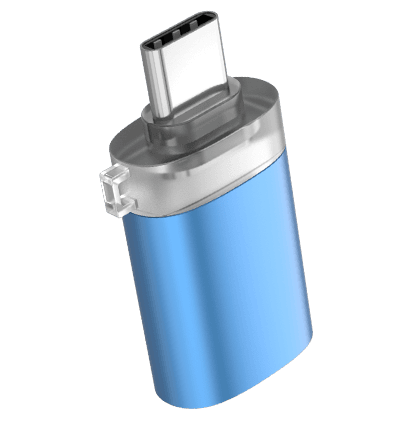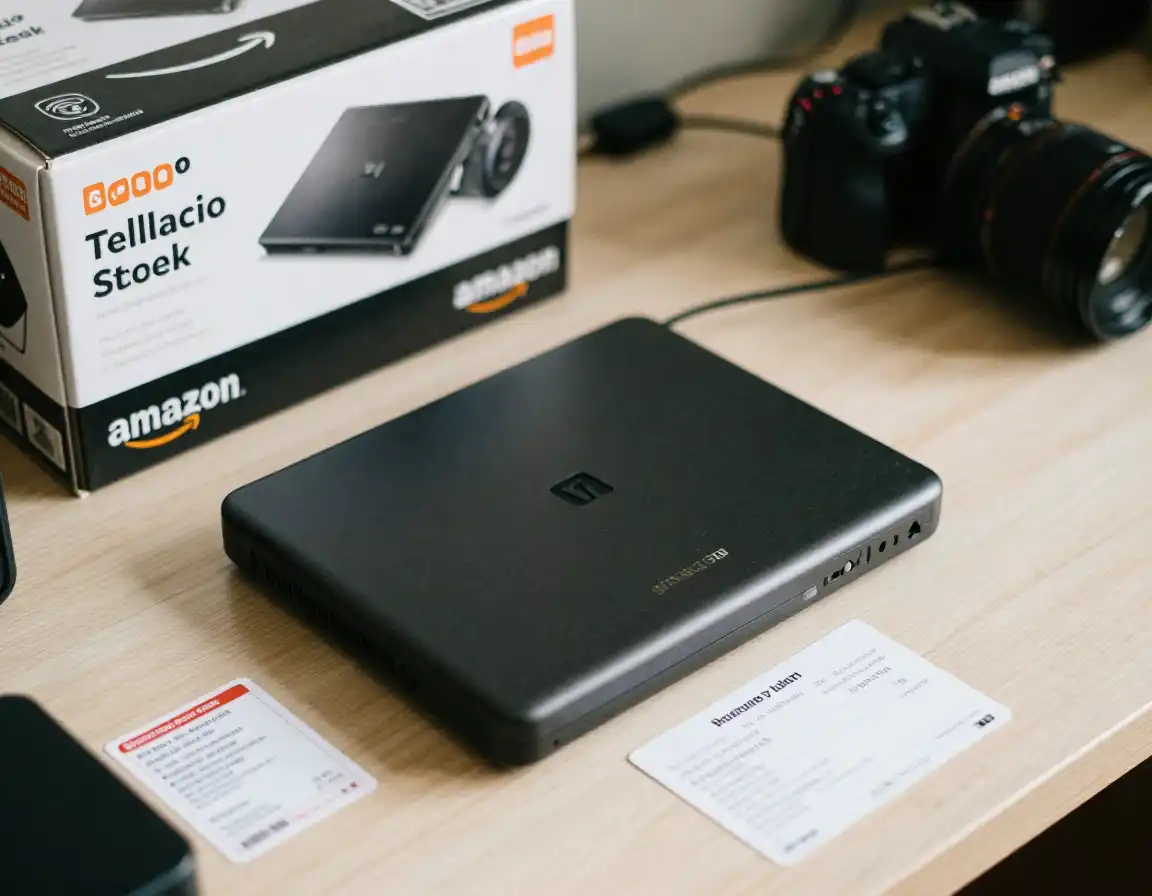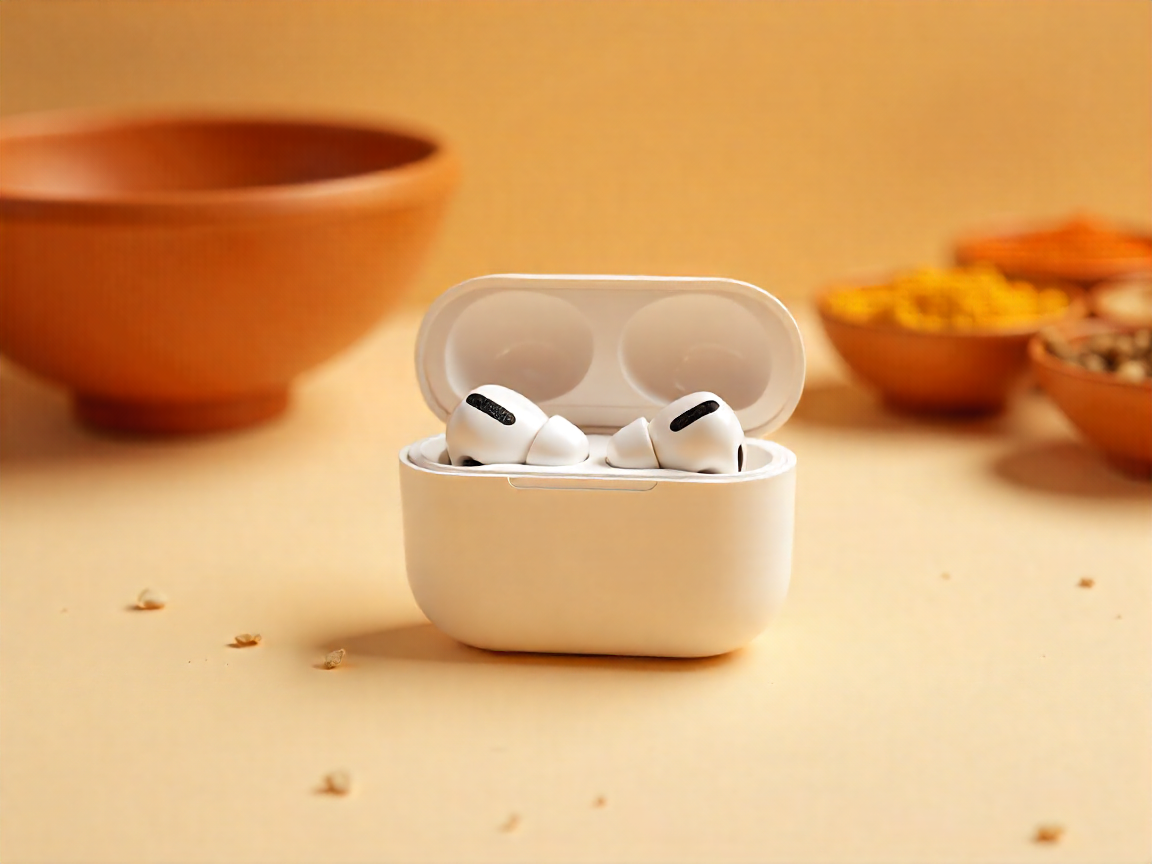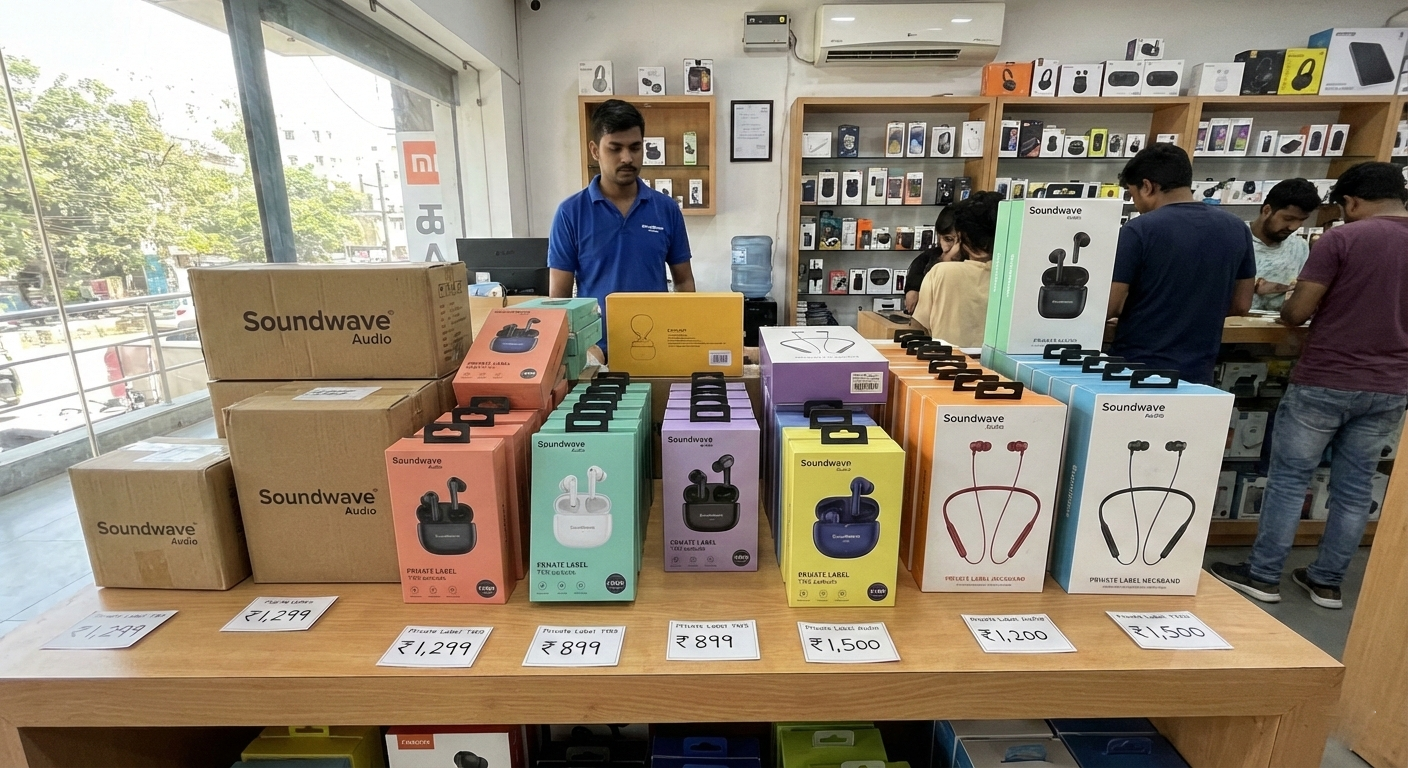Prepare for a revolutionary transformation in your Windows laptop experience, thanks to Microsoft Copilot’s arrival.
Microsoft AI Transform Your Windows Laptop
Microsoft’s Pete Kyriacou, the corporate vice president of Microsoft Devices, heralded this development as “the next era,” likening its significance to the early days of the Internet. Kyriacou made this statement after Microsoft’s AI and Surface event, where Copilot took center stage.
Copilot, a new systemwide digital assistant, is set to redefine how you interact with your Windows 11 laptop, making it smarter and more intuitive. It functions akin to an AI chatbot, assisting with tasks ranging from managing your PC’s settings to curating the perfect playlist. Starting September 26th, Copilot will roll out as part of the next Windows 11 update, extending its capabilities to applications like Bing and Edge.
Microsoft Copilot’s Arrival
In 2023, Microsoft, much like Google, has aggressively pursued artificial intelligence, driven in part by the success of the online chatbot ChatGPT, which Microsoft supports. The integration of AI into Windows holds the promise of a transformative shift in laptop usage.
While Microsoft has ventured into virtual assistants in the past, it aims for Copilot to surpass its predecessors. Copilot and similar new agents possess contextual awareness, allowing them to proactively assist users, in contrast to the reactive voice-activated assistants of the past.
You may also like – The Top 10 Waterproof Phones of 2023
Copilot: The Revolutionary Digital Assistant
In Kyriacou’s words, older voice-enabled assistants required users to initiate conversations or formulate questions, placing the cognitive load on the user. However, newer agents like Copilot can guide users in the right direction, offering a more seamless and intuitive experience.
Windows commands a substantial 69% share of the global desktop OS market as of August 2023, according to Stat Counter, underscoring the significance of Microsoft’s decisions regarding its direction.
Just as touch screens became standard on premium Windows laptops following the mobile revolution, AI is poised to play an increasingly prominent role in future laptops, according to Microsoft’s vision.
The Significance of AI in Windows
Microsoft’s event showcased numerous AI demonstrations within Windows, with Copilot serving as the linchpin. The company promises that Copilot will draw upon web data, your communications, and device interactions to offer personalized and efficient assistance.
Carmen Zlateff, vice president of Windows, showcased Copilot’s ability to transform a list of recommended points of interest in New York City into walking time estimates. Copilot seamlessly appeared when she highlighted the text, showcasing its proactive nature. Zlateff also demonstrated Copilot’s versatility, allowing interaction through various input methods, such as a stylus, making it easier to ask symbol-related questions, including math queries.
During a hands-on demonstration, Copilot displayed its ability to interpret multiple input methods. A Microsoft representative pasted a meal photo into Copilot and typed the query, “How do I cook this?” The virtual assistant promptly provided instructions. However, it faced some difficulty when the query was rephrased as, “How do I make this?” The effectiveness of the current tool will require more in-depth evaluation, which will be possible once it launches.
You may also like – Celebrating Technological Excellence: A Deeper Dive Into The Microsoft Surface Event 2023
Copilot in Action
Microsoft’s digital assistant can also provide context-based answers by analyzing your text messages. One example showed Copilot answering a flight-related query based on a text message. Additionally, users can instruct Copilot to send texts, further enhancing its functionality.
Copilot streamlines PC navigation by eliminating the need to navigate through settings menus. An example on the demonstration floor involved a command like “Snap my windows,” allowing for efficient organization of running apps.
Microsoft’s AI endeavors extend beyond software, as exemplified by the Surface Laptop Studio 2, unveiled during the event. This laptop incorporates an Intel neural chip, enhancing features like video call framing and maintaining eye contact, part of Microsoft’s Windows Studio Effects suite.
Microsoft’s AI Integration Beyond Software
Although Microsoft’s vision is not entirely unique, with Google and Apple also integrating AI into their products, it reflects a broader industry trend. As discussions around AI regulation gain traction in government circles, tech giants like Microsoft may face increased scrutiny, particularly regarding data access requirements for assistants like Copilot.
In the short term, Microsoft’s primary goal is to enhance the intuitiveness and usability of Windows laptops through AI. According to Kyriacou, Copilot excels in interpreting various inputs, from stylus-written text to screen clips and selections in Outlook, even processing data that may not be immediately visible.
Conclusion
In conclusion, Microsoft’s AI integration, spearheaded by Copilot, promises to usher in a new era of user-friendly and intuitive Windows laptop experiences.
FAQ’s
What is Microsoft Copilot, and how does it impact Windows laptops?
Microsoft Copilot is a systemwide digital assistant that leverages artificial intelligence (AI) to enhance the functionality of Windows laptops. It aims to make laptops smarter and more intuitive, assisting users in various tasks, from managing settings to providing recommendations.
When will Microsoft Copilot be available for Windows laptops?
Microsoft Copilot is set to launch on Windows 11 on September 26th as part of the next update. It will also be compatible with applications like Bing and Edge.
How does Copilot differ from previous virtual assistants by Microsoft?
Copilot differs from earlier virtual assistants as it boasts contextual awareness. This means it can proactively assist users, making it more intuitive and efficient compared to its predecessors.
Why is Microsoft integrating AI into Windows laptops?
Microsoft believes that AI integration is the future of laptops, making them more versatile and user-friendly. As a significant player in the desktop OS market, Microsoft aims to stay at the forefront of technological advancements.

